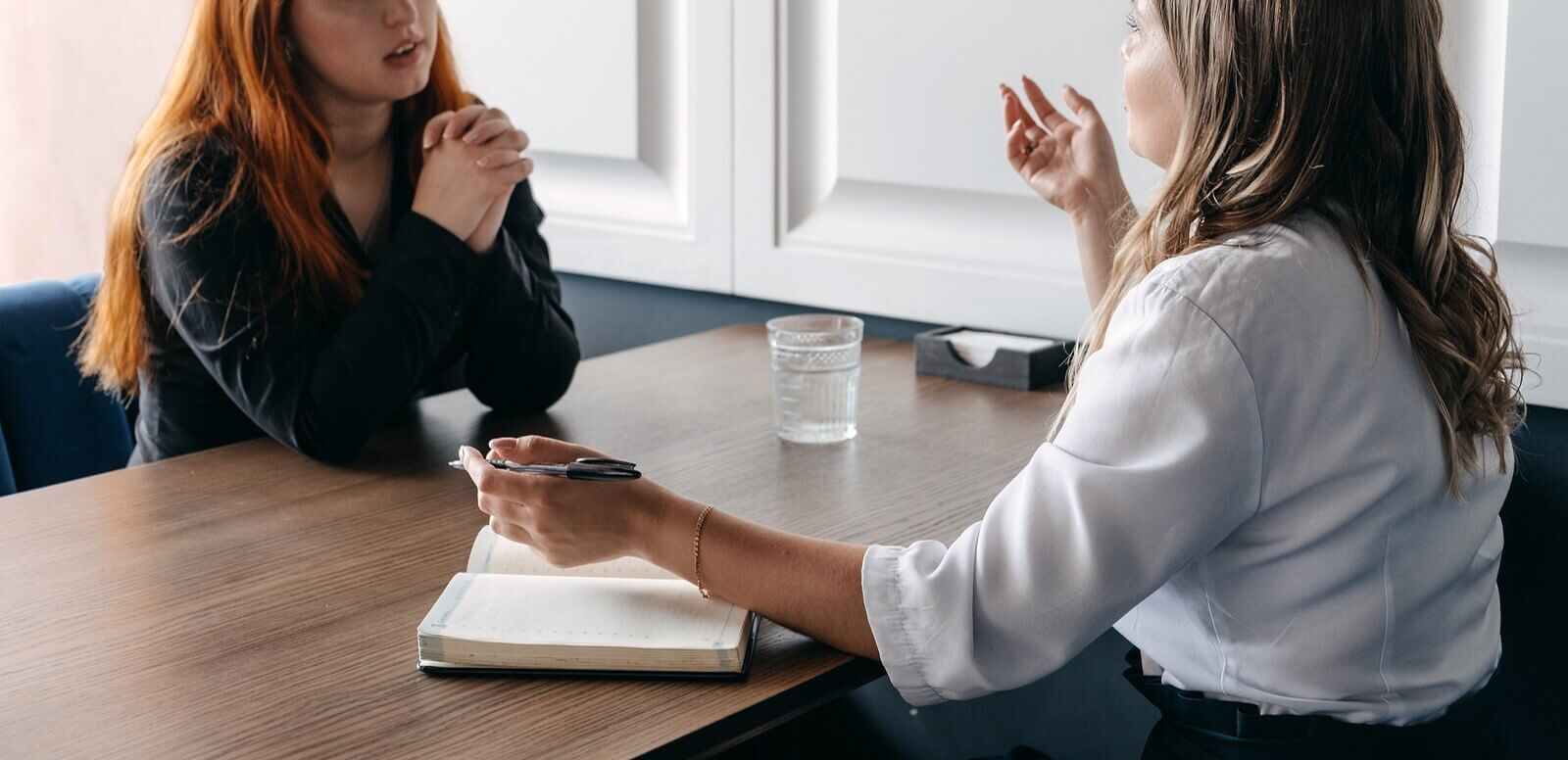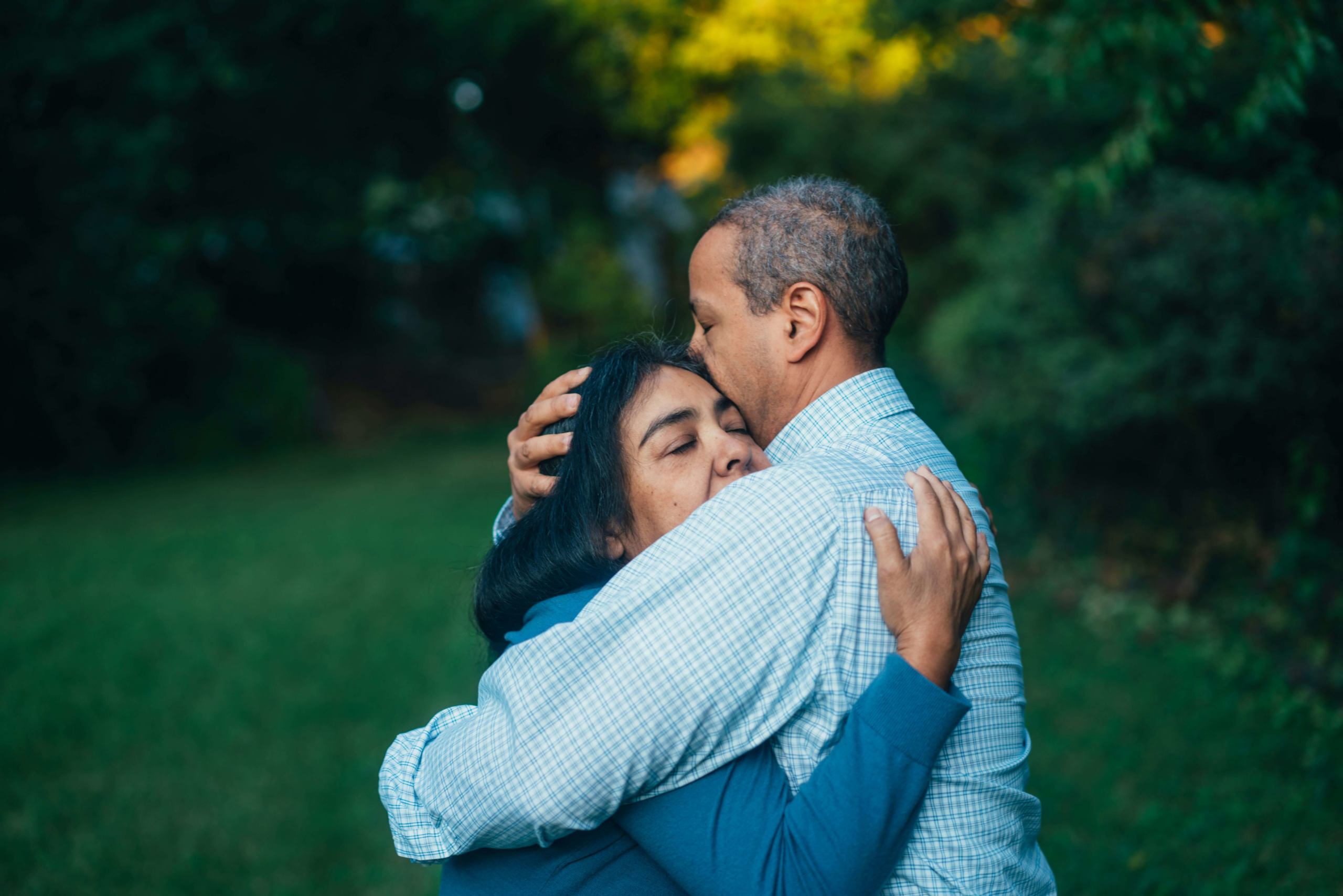Understanding Codependency
Codependency is a complex and often misunderstood issue that can have a profound impact on your relationships and overall well-being. As a relational therapist, I’ve witnessed the struggles that individuals face when caught in the web of codependency, but I’ve also seen the incredible transformations that can occur when they embark on the journey to break free.
Codependent individuals tend to rely excessively on others for emotional support, validation, and a sense of self-worth. It often manifests as an unhealthy preoccupation with the needs and feelings of others to the detriment of one’s own well-being. This behavior is usually rooted in early life experiences and family dynamics, making it crucial to delve into its origin. In this blog post, we will explore codependency, its underlying dynamics, and the invaluable insights and strategies that can help you or your loved ones on the path to healthier relationships.
Roots of Codependency: Underlying Dynamics
Melody Beattie, well-known author of Codependent No More, suggests figuring out how the past is affecting you so you can move towards the future. Codependency has an element of compulsion and repetition usually rooted in past experiences. To break the cycle you need to understand and accept the past. Beattie speaks about the importance of acknowledging your inner child and the need to reparent yourself in a way where you get the love, care, and attention you lacked in childhood. She suggests four main pillars of reparenting: love and respect, self-belief and self-confidence, emotional management, and good communication skills.
Let’s dive a little deeper here and look at nine ways you can begin to reparent yourself with love and care.
Self-Awareness
Breaking free from codependency starts with self-awareness. Many individuals with codependent tendencies may not even be aware of their behaviors and patterns. It’s essential to recognize that codependency isn’t a sign of weakness but a survival strategy that developed in response to past experiences. As a skilled relationship therapist, I can help you explore these patterns and their underlying causes, facilitating the process of self-discovery and understanding. We will go deep and help you tap into the parts of you that need love.
Setting Boundaries
Codependent individuals often struggle with setting and maintaining healthy boundaries. Beattie says that codependents tend to think everything is related to them. This creates stress, angst, and constant worry about what others want or need from them. This is where boundaries get blurred. Setting boundaries is a cornerstone of codependency recovery. A large part of the healing process is establishing clear boundaries in your relationships. Learning to say “no” when necessary and prioritizing your own needs are vital steps in breaking free from codependency. Clear boundaries leave room for self-love, self-confidence, and emotional management.
The Power of Self-Care
Make a commitment to yourself every day, Beattie says. Codependents often neglect their own self-care in favor of taking care of others. I can help you develop self-care routines and practices that promote physical and emotional well-being. Self-care isn’t selfish; it’s an essential component of your overall health and resilience. Being committed to your own well-being improves confidence and boundary-setting.
Building Self-Esteem
Low self-esteem frequently accompanies codependency. To break free from codependency it’s crucial to work on improving your self-esteem and self-worth. We will get curious and go deep to help you break free from maladaptive thoughts and behaviors that do not work anymore. Remember, your value doesn’t depend on how much you do for others.
Developing Healthy Relationships
Learning to have healthy relationships is a central part of overcoming codependency. Healthy relationships are based on mutual respect, trust, and individual autonomy – all of which can be nurtured and developed.
Our therapeutic relationship will mirror what it looks like to be in a safe and stable relationship. Over time this helps you navigate relationships outside the therapy room with more confidence and ease. It is often said that the therapeutic relationship itself is the most effective tool in the therapy process.
Codependency Recovery: A Process, Not an Event
Psychotherapy is an active and transformative process that allows you to change how you relate to yourself, others, and the world. It’s essential to understand that breaking free from codependency is a process, not an event. It takes time, patience, and commitment to change deeply ingrained patterns of behavior. Digging deep can help you identify and understand your emotional triggers, unconscious defense mechanisms, and maladaptive patterns of thinking and behavior that have developed as a result of difficult past life experiences. Important too, is remembering setbacks are part of the process; they don’t define your progress.
The Importance of Support Networks
Don’t hesitate to seek support from friends, family, or support groups. Sharing your experiences and receiving support from others who have faced similar challenges can be incredibly helpful. Connecting with people who understand what you’re going through can provide a sense of belonging and reduce feelings of isolation. This impacts confidence and communication skills.
Mindfulness and Self-Reflection
Mindfulness practices can be valuable tools in overcoming codependency. Techniques such as meditation, journaling and even meditative exercise can help you explore your thoughts and feelings. Self-reflection and greater self-awareness enables you to make more conscious choices in your relationships and behaviors. With intention these practices can help you build confidence, act on self-love, instill boundaries, and improve relationships.
Celebrating Progress
Breaking free from codependency is a journey marked by small victories along the way. It’s essential to acknowledge and celebrate your progress. Each step you take toward healthier relationships and greater self-sufficiency is a significant achievement. Recognizing these accomplishments can be motivating and reinforce your commitment to healing. We will honor the moments and improve your belief in yourself.
Work on your Codependency with Individual Therapy in Texas
Breaking free from codependency through individual therapy is a courageous and transformative journey. As a relational therapist experienced in depth work I can walk the path of healing with you. Healing is possible. You have the power to create healthier, more fulfilling relationships, and a stronger sense of self. Embrace the opportunity to break free from codependency and you’ll discover a life filled with greater authenticity, connection, and self-love. To begin at Lysle Shaw Psychotherapy follow the steps below:
- Reach out to schedule a free consultation.
- Break free from your codependency!
Other Therapy Services Offered at Lysle Shaw Psychotherapy in Austin, Houston, and throughout Texas
At Lysle Shaw Psychotherapy, I offer more than just individual therapy for relationship issues. I offer a variety of specialties including online therapy, walk and talk therapy, trauma therapy, and Jungian dreamwork. Contact me today to take the first step towards a happier and healthier life.

Recent Posts
Can You Heal From Relational Trauma? Part 1
Absolutely, you can heal from relational trauma! In this series of blog posts, I'm excited to introduce you to Gretchen Schmelzer’s Trail Guide to the 5-Phase Cycle of Healing Repeated Trauma. Gretchen, a psychologist, trauma [...]
Relationships Matter! Insights from an Online Relational Therapist in Houston, TX
Spring is upon us and here in Houston, Texas, it's likely to phase into summer heat soon. We happily got a cool snap this week and I found myself able to do my runs under [...]
Can You Recover from Religious and Spiritual Trauma? Exploring With Online Trauma Therapy in Austin, TX
A Brief Look at Trauma Before we look at religious and spiritual trauma let’s look at a brief definition of trauma. Trauma is any event that overwhelms a person’s ability to cope with it. This [...]







